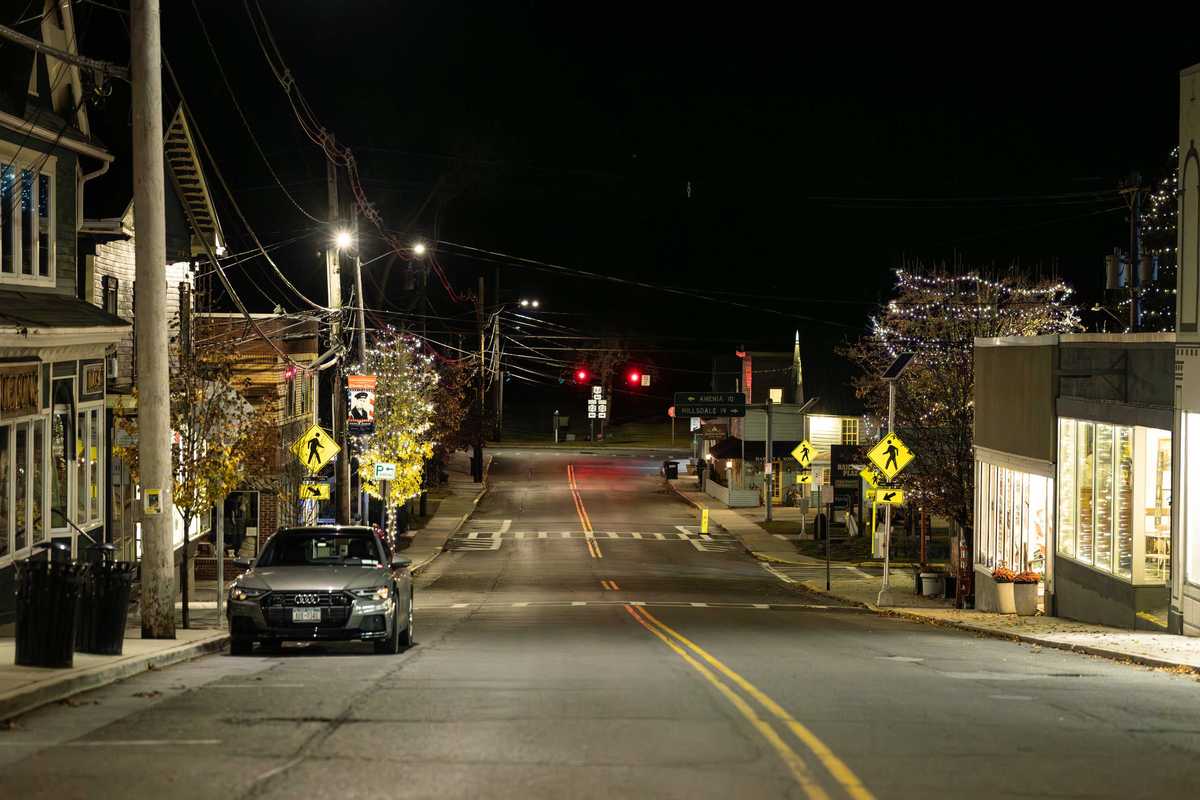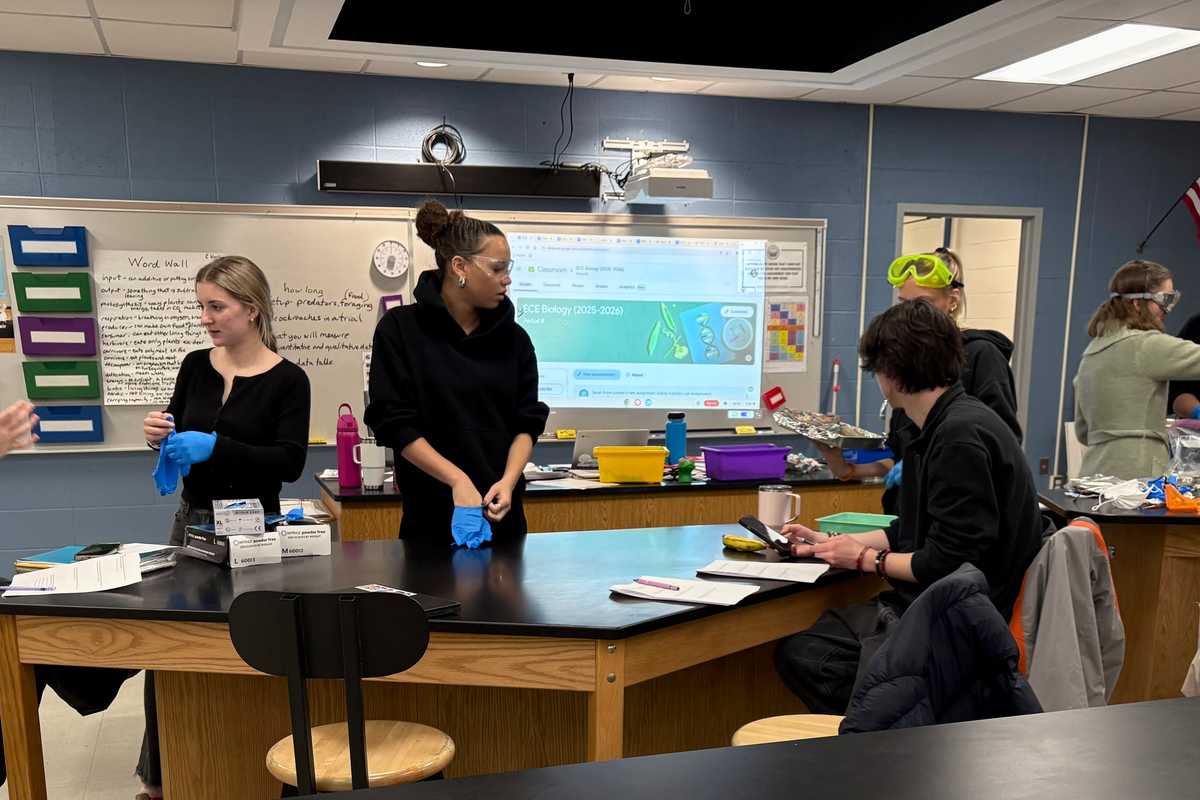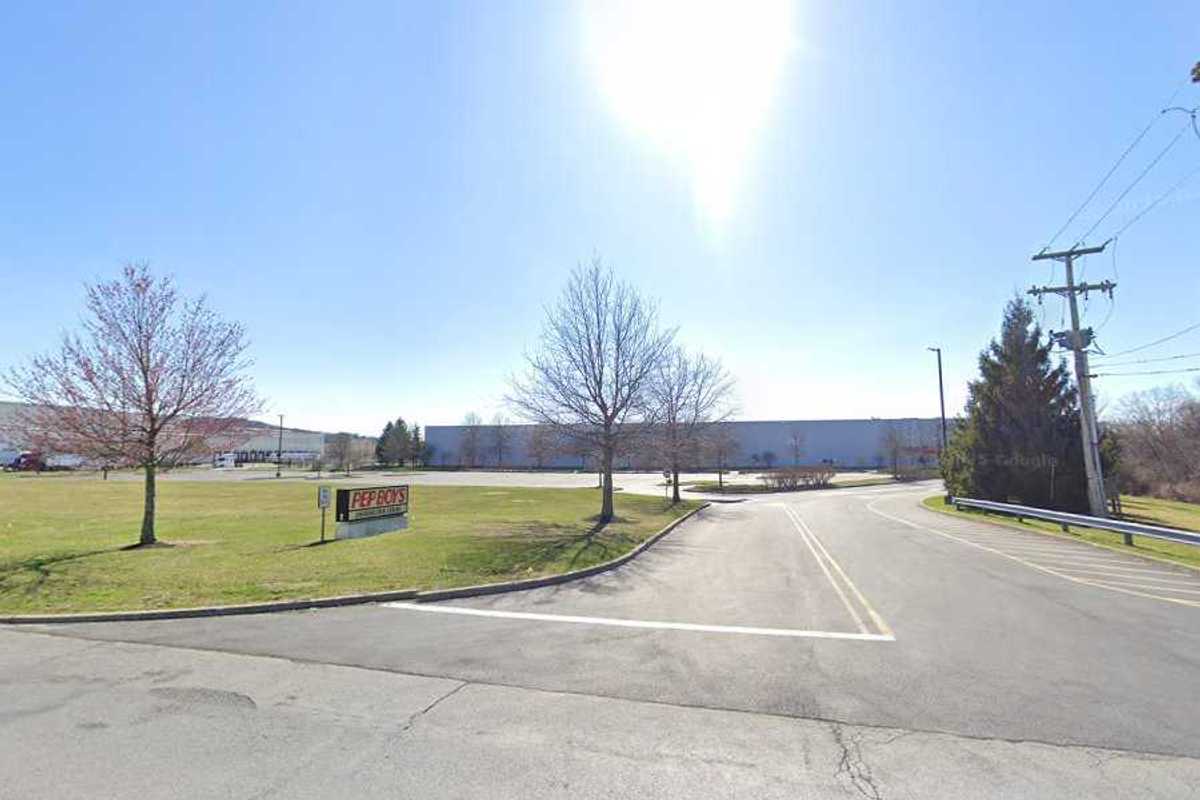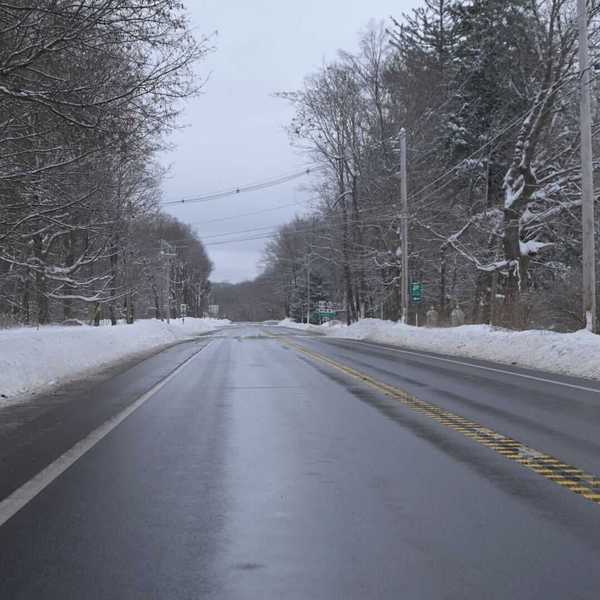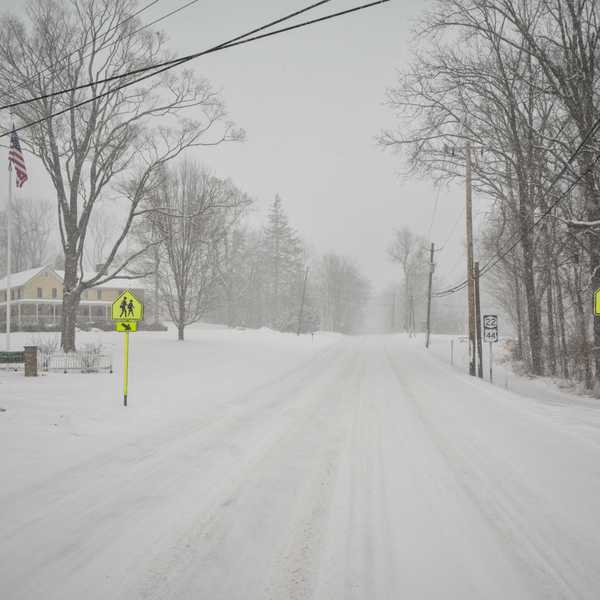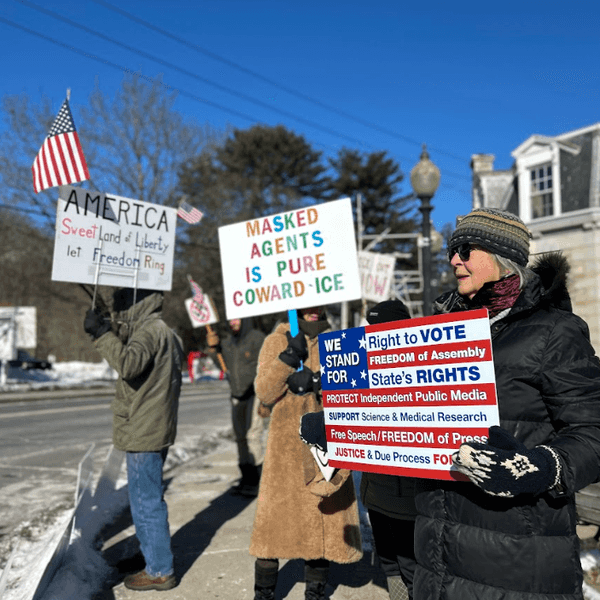COVID-19 will once again have an impact on area garden centers
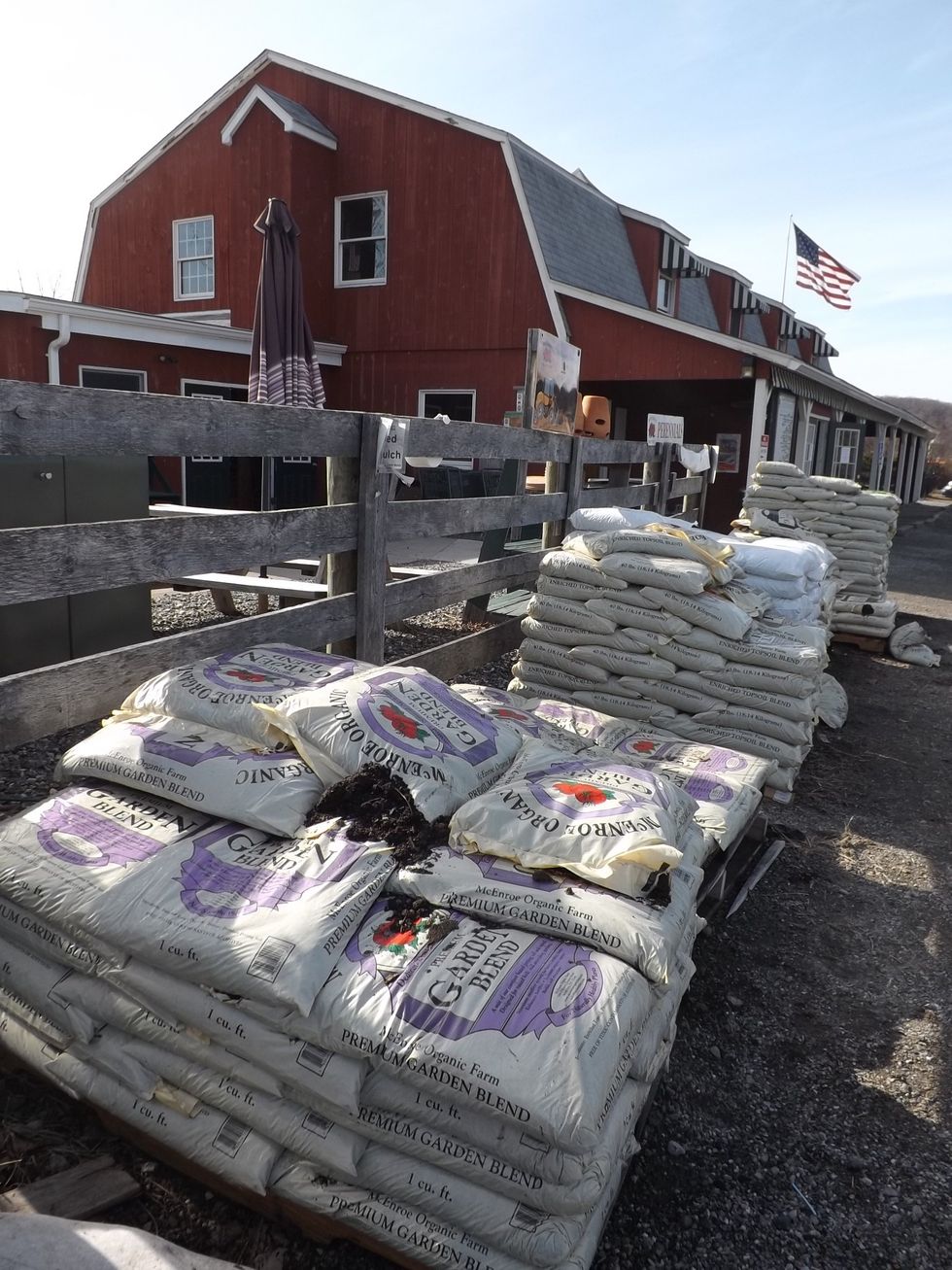
McEnroe Organic Farm had a full supply of potting soil, compost and other gardening supplies on hand at the start of April, but it’s sure to go quickly as spring has officially arrived along with gardening season. Photo by Kaitlin Lyle
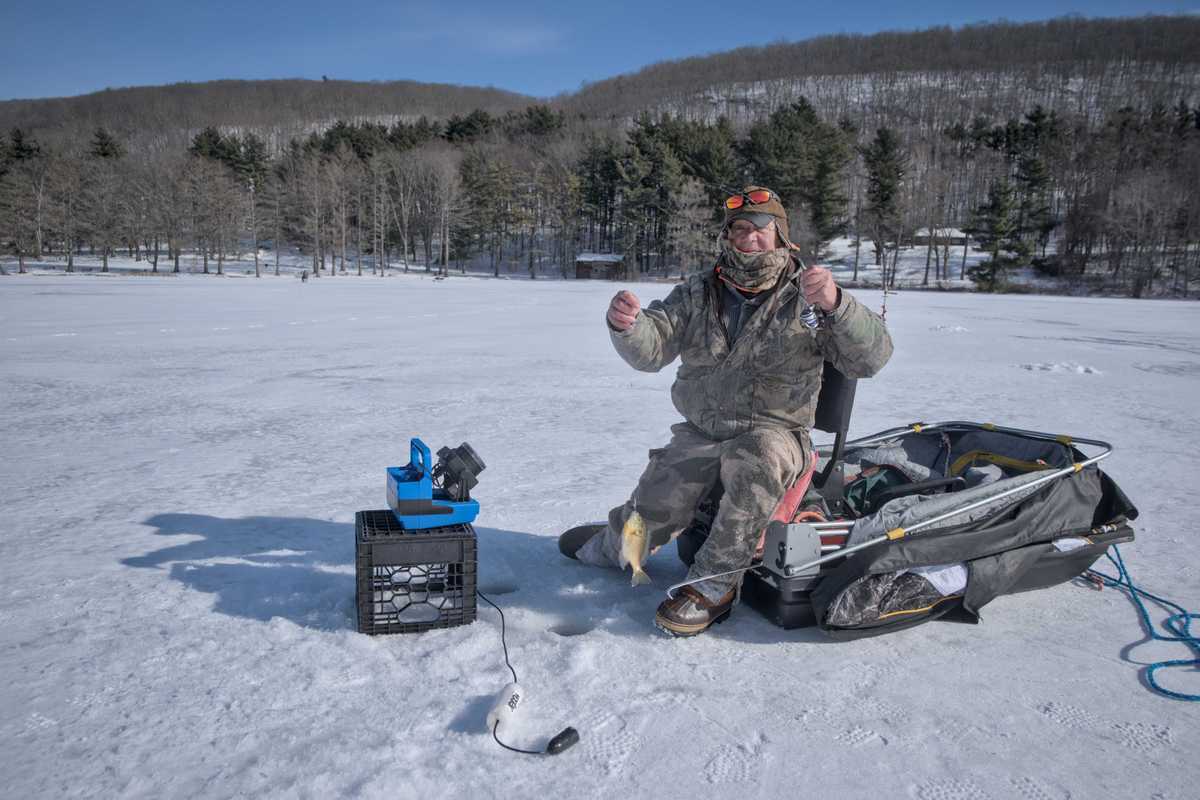
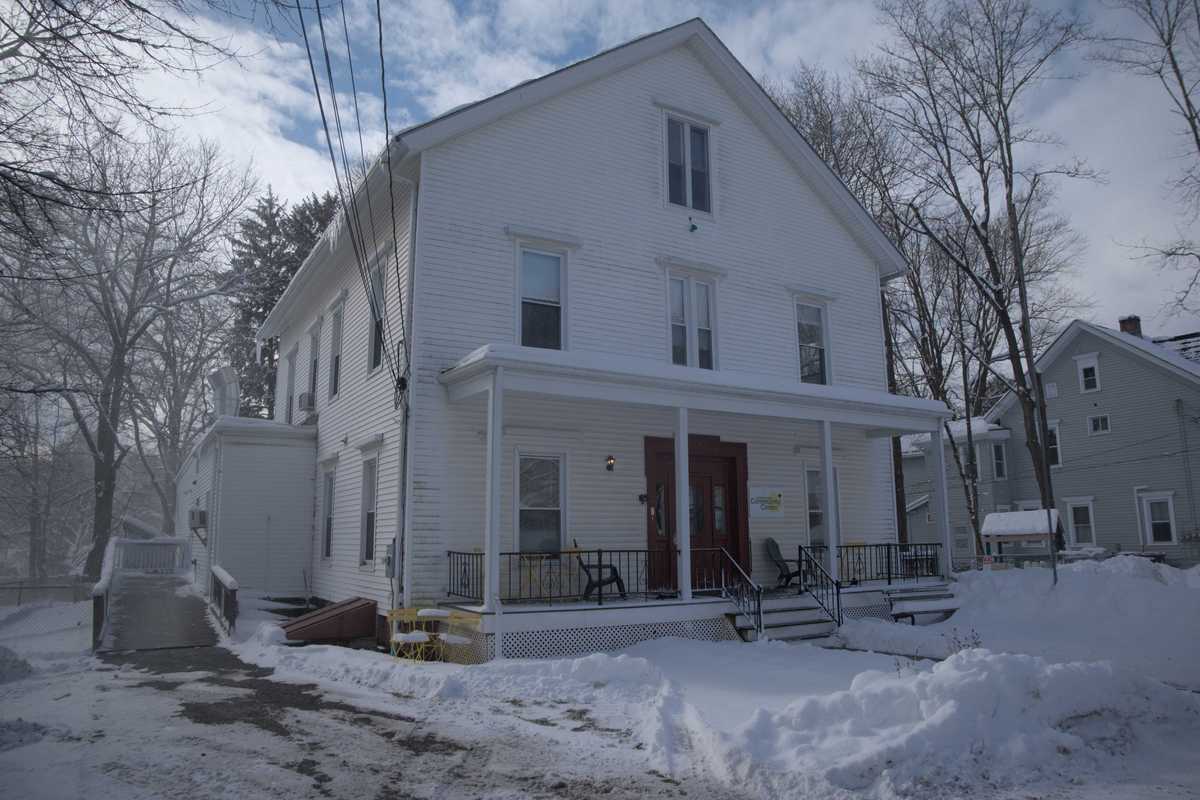

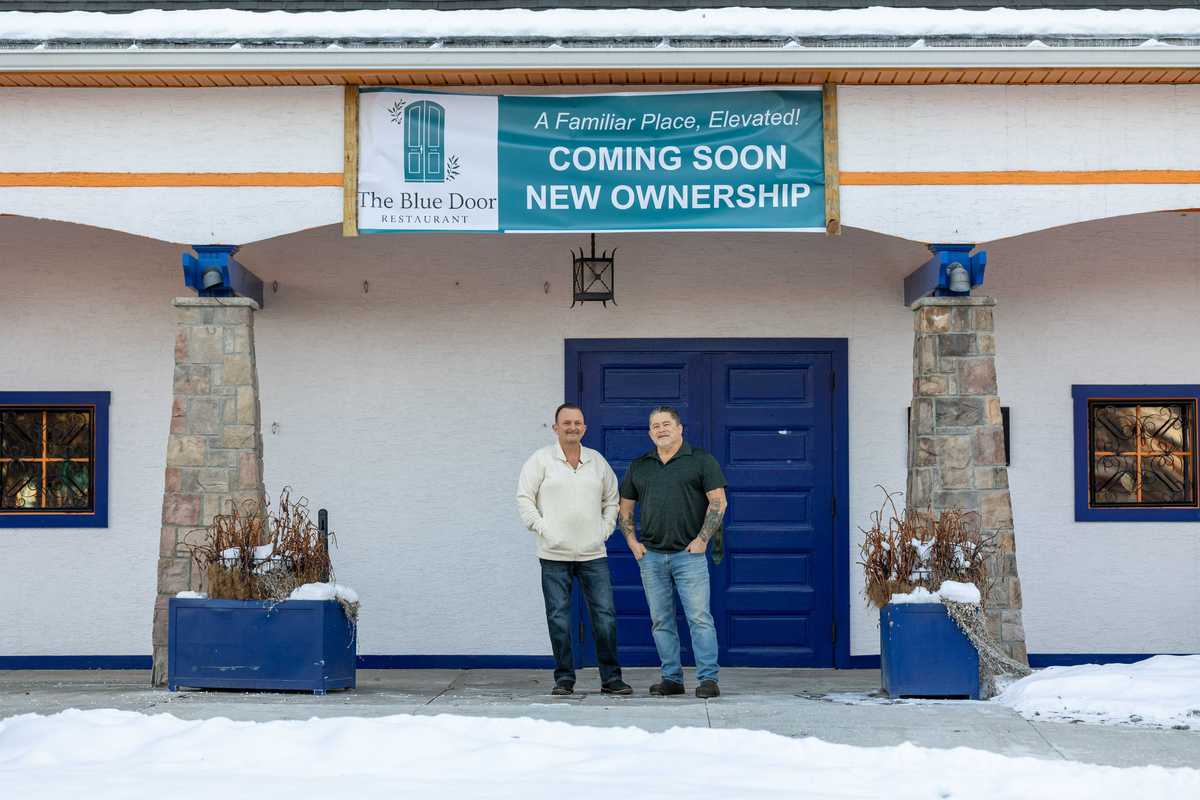

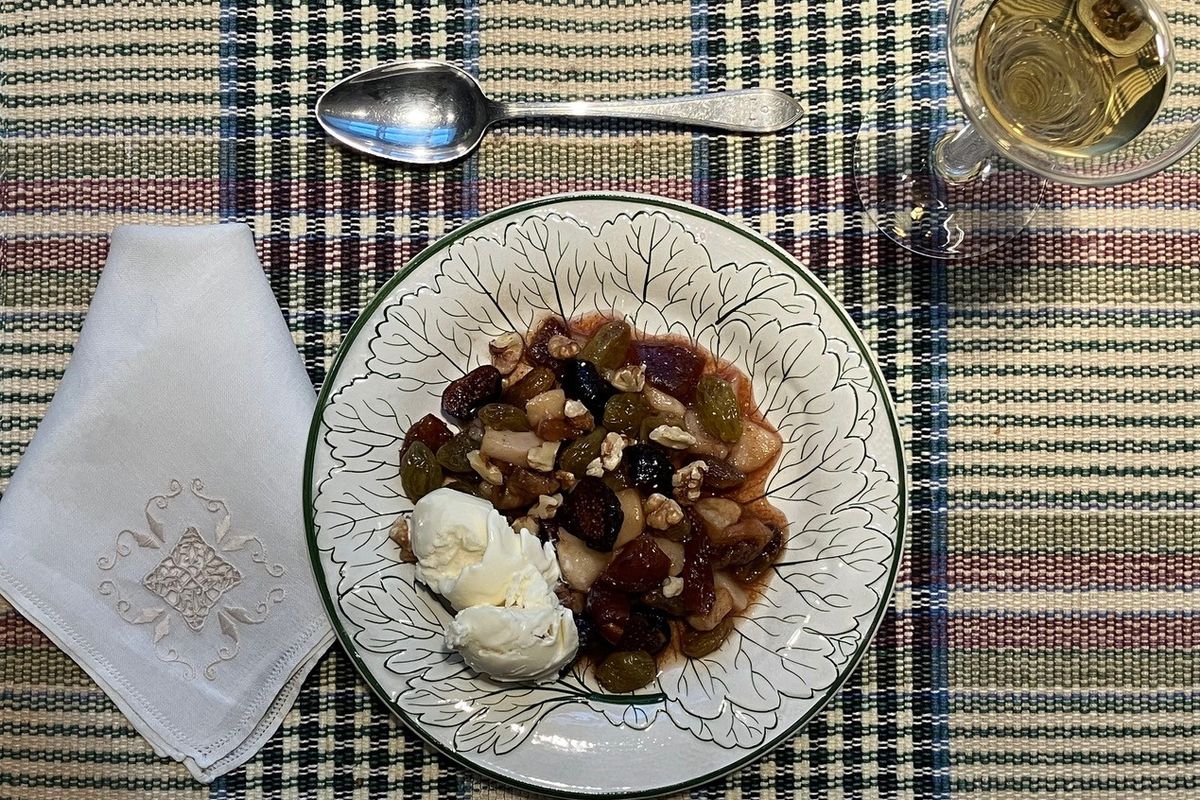
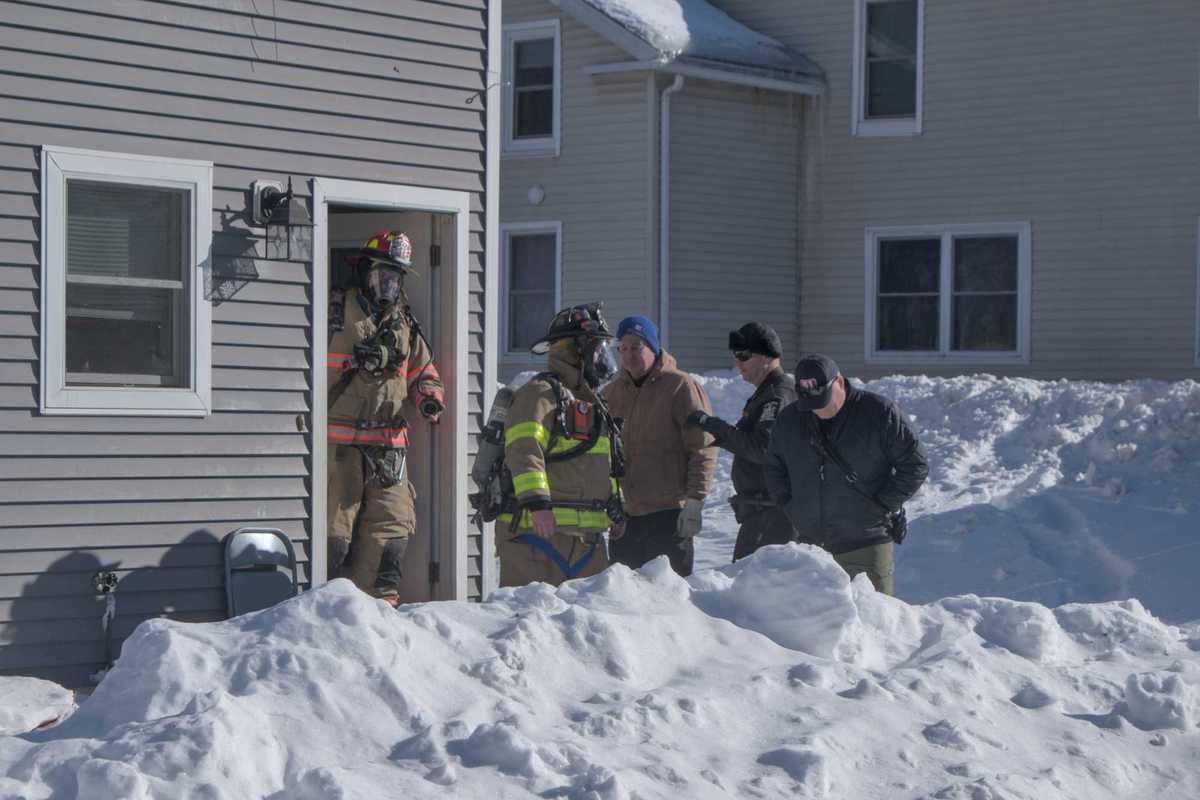
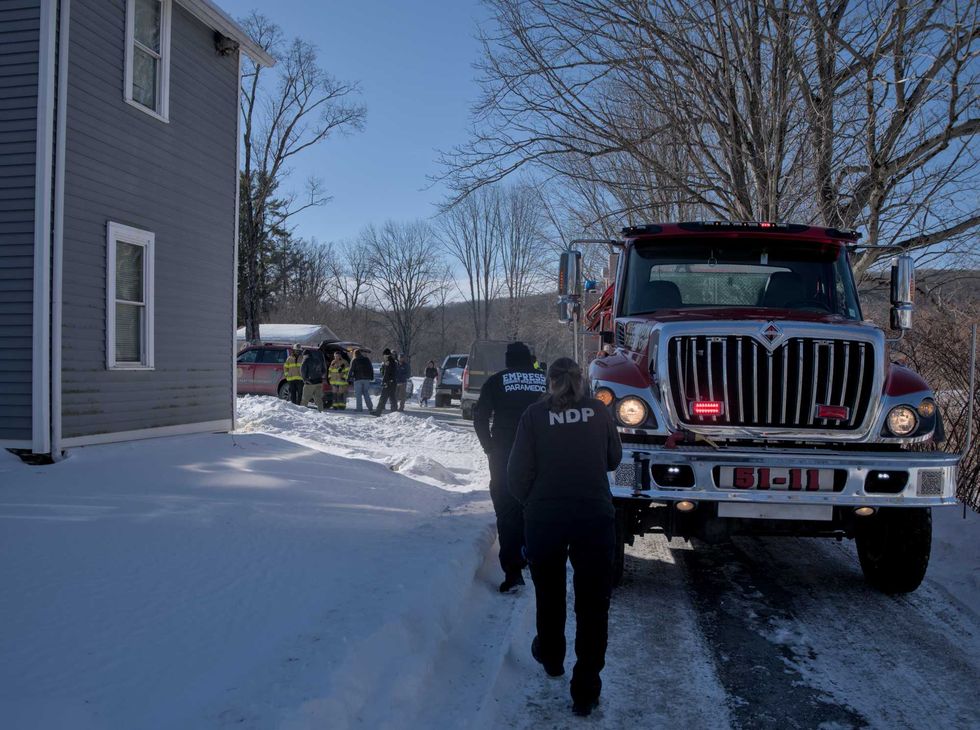 Paramedics with Empress EMS march through the snow toward Millerton firefighters on Monday, Feb. 9.Photo by Nathan Miller
Paramedics with Empress EMS march through the snow toward Millerton firefighters on Monday, Feb. 9.Photo by Nathan Miller